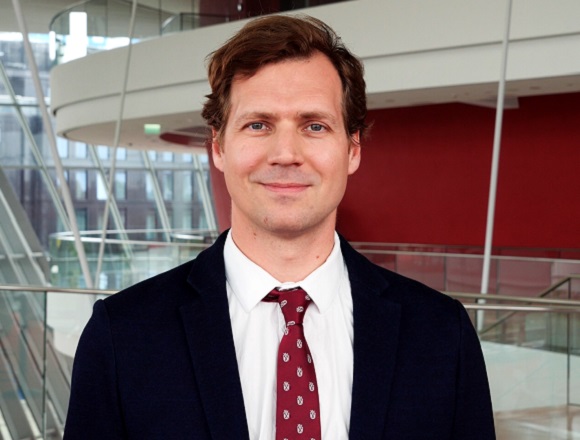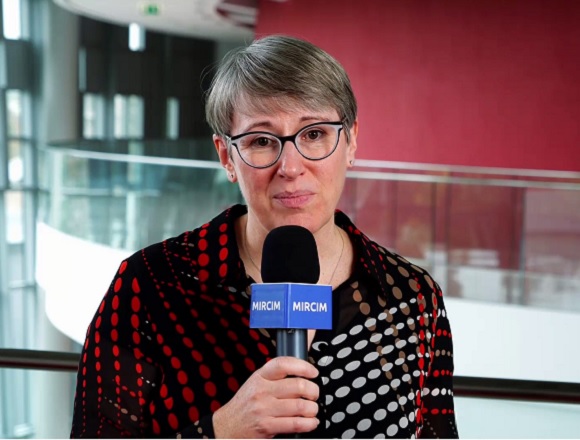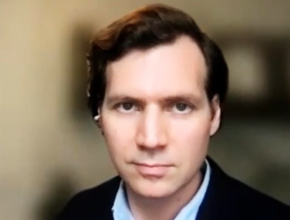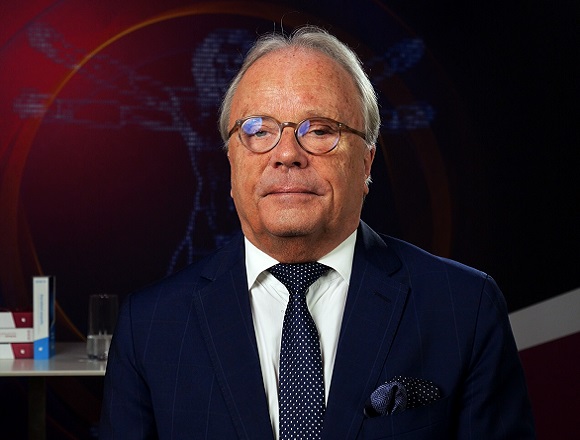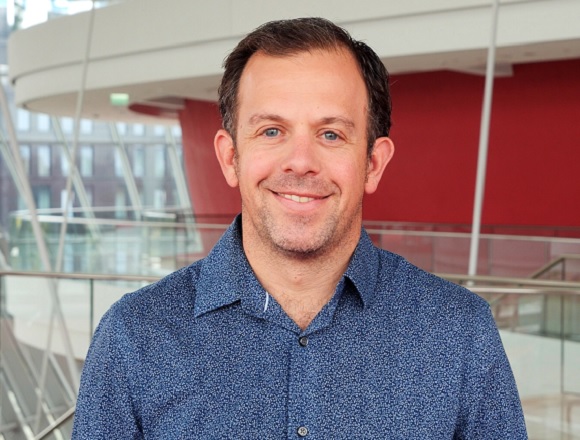Simon Oczkowski, MD, MHSc, MSc, is an assistant professor in the Department of Medicine and Department of Health Research Methods, Evidence, and Impact at McMaster University and coauthor of Surviving Sepsis Campaign guidelines.
You have training in critical care and in ethics. Do you see these as complementary fields?
I have training in both critical care as a clinical field and graduate training in ethics. And the reason I took extra training in ethics was I found that in critical care we have lots of evidence about vasopressors, and fluids, and antibiotics, and all of these really exciting things. A lot of the challenges I faced everyday had to do more with what is the right thing to do. What are these patients’ values and preferences? Should we even be bringing this patient to the intensive care unit (ICU)?
And then, broader issues around the idea of which patients should we bring to the ICU when there are multiple competing interests? During the coronavirus 2019 (COVID-19) era, we had to make very difficult choices about who would get ICU beds and who would not.
And for me, critical care and ethics really go hand in hand and [with] almost every clinical decision I make at the bedside, I have to think, yes, about the evidence and what the benefits and harms of this treatment are, and how certain I am of those, but I also have to think about it through an ethical lens. What is the right thing to do for this patient? What are their values? What are my values? How are those potentially influencing the decisions I make?
So, I see these as being incredibly complementary fields and I would say that most decisions that clinicians make, that have a major impact in the ICU, end up having an ethical or moral component to them.
 English
English
 Español
Español
 українська
українська

